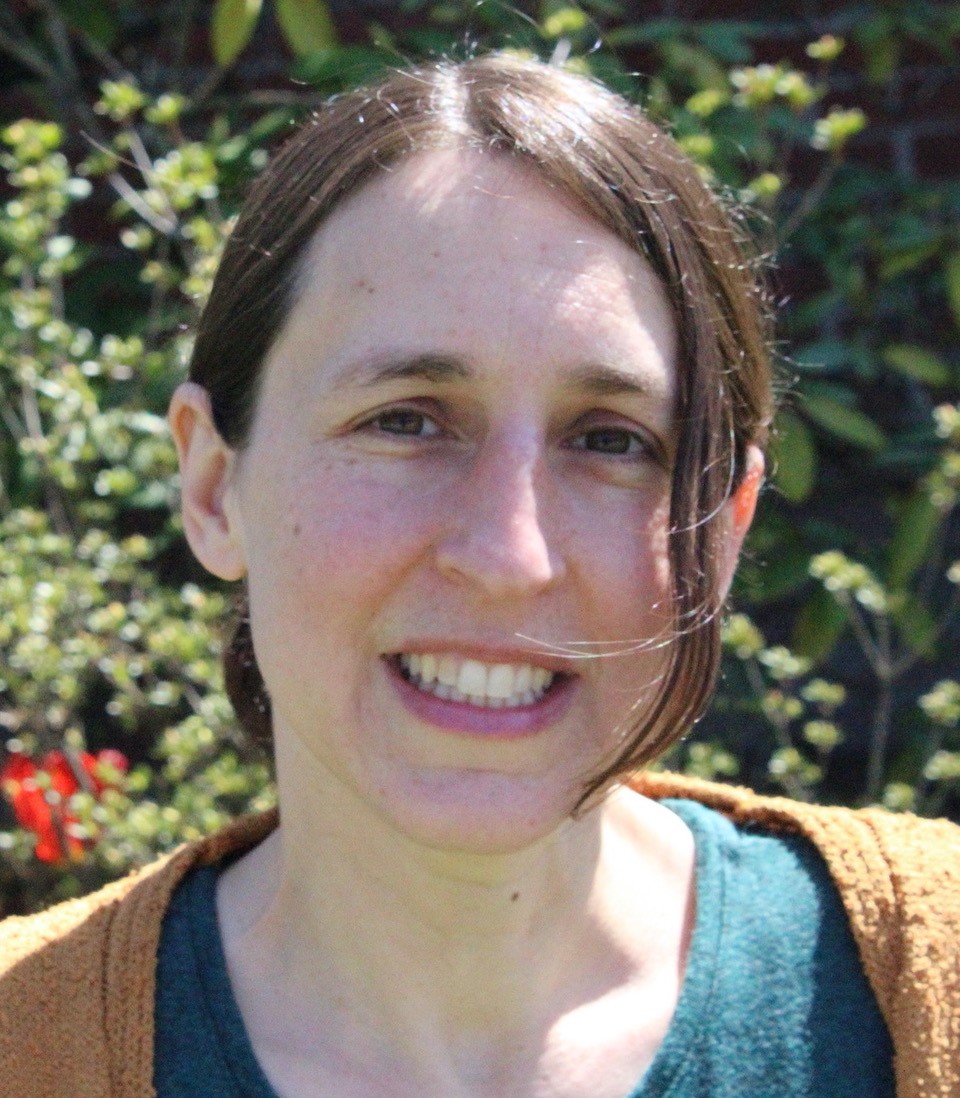
Rachel Kranson will deliver the 2023 Rothschild Memorial Lecture at Emory on Nov. 9.
Rachel Kranson, associate professor of religious studies and director of Jewish studies at University of Pittsburgh, will deliver this year’s Rothschild Memorial Lecture on the topic “Religious Misconceptions: American Jews, the First Amendment and the Politics of Abortion” on Thursday, Nov. 9.
Kranson is at work on a book chronicling the history of the American Jewish lawyers and activists who, starting in the 1970s, advocated for abortion access to be protected by the First Amendment guarantee of religious freedom.
“During the Roe era, that argument was somewhat moot in that Roe already protected abortion access through the 14th Amendment’s implied right to privacy. Now, though, legal scholars are looking for other constitutional avenues through which to protect access to abortion. And the First Amendment — particularly its guarantee that U.S. law must not burden the free exercise of religion — has started to seem like a particularly interesting avenue by which to argue for abortion access,” says Kranson.
Though her book took on added urgency post-Roe, Kranson began the project before the Supreme Court ruling in June 2022 by asking: “What would American Jewish politics look like if we put reproductive politics at the center? American Jewish historians had long explored Jewish involvement in labor politics, activism on Israel and the separation of church and state — but there was almost nothing written about Jewish involvement in the politics of reproduction. This angle could reveal important facets of how American Jews positioned themselves as political actors and religious actors in the late 20th century.”
Both the lecture, and the resulting book, will find an audience with attorneys as well as those with an interest in Jewish history and politics, religious history and reproductive history. “I also hope that my research will be of interest to anyone who wants to expand their knowledge of how religious Americans understand abortion and to all who have a good-faith interest in correcting their ‘religious misconceptions‘ on this issue,” Kranson notes.
She is the author of “Ambivalent Embrace: Jewish Upward Mobility in Postwar America” (2017) and co-editor of “A Jewish Feminine Mystique: Jewish Women in Postwar America” (2010).
Coinciding with Kranson’s time at Emory is the symposium “Post-Dobbs America Through a Jewish Lens,” which will be held in the Emory Student Center Multipurpose Rooms on Nov. 9 and 10 and feature the roundtable discussion “Post-Dobbs Georgia Through a Jewish Lens.”
Sponsored by the Tam Institute for Jewish Studies, the Rothschild Memorial Lecture is a free public event, but advance registration is requested. Cosponsors include the Center for Ethics; Center for the Study of Law and Religion; Center for Women; Departments of History, Political Science, Religion and Women, Gender and Sexuality Studies; Fox Center for Humanistic Inquiry; Hightower Fund; and Office of Spiritual and Religious Life — Jewish Chaplaincy.
The Rothschild Memorial Lecture was established in 2007 to honor the late Rabbi Jacob M. Rothschild (1911-1973), the spiritual leader of Atlanta’s Hebrew Benevolent Congregation (“The Temple”), and a voice for social change in the city and throughout the South.
